
Iron ore is an important raw material for industrial production and plays an important role in promoting industrial production. However, due to the reduction of high-quality iron ore resources, the development of difficult-to-select and complex iron ore resources has become the focus of the industry. These ores present polymetallic symbiosis, and it is difficult to separate the monomers, which will increase the cost of mineral processing and may pollute the environment. Therefore, it is necessary to conduct in-depth analysis and research on the mineral processing technology of different difficult-to-select iron ores, improve iron ore dressing indicators and resource utilization, so as to accelerate the development and utilization of iron ore and promote the improvement of the economic benefits of the mineral processing plant. The following will introduce you to different iron ore dressing technologies to help you further understand the mineral processing of iron ore.
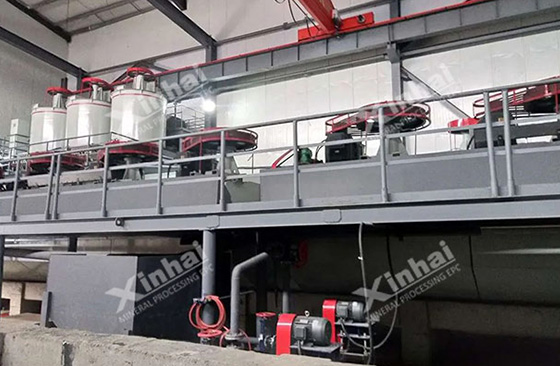
Magnetite quartzite is a poor iron ore resource, the main components of which are magnetite and quartz. When this type of ore is beneficiated, magnetic separation can be used because there is a large difference in the magnetic susceptibility of magnetite and quartz in the ore. Usually, the separation process line of magnetite quartzite is crushed, and then pre-treated under the joint action of autogenous mill and ball mill, and then enters multi-stage magnetic separation after three-stage fine grinding. It can be seen that if you want to exclude the interference of monomeric gangue minerals from magnetite quartzite, you need to adopt a process combining stage grinding and magnetic separation, which can effectively reduce the grinding amount in the next stage.
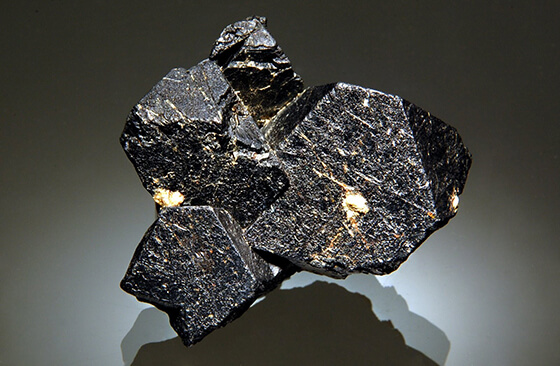
Magnetite ore belongs to skarn ore, and its main component is ferroferric oxide, which has a wide distribution. The magnetic susceptibility of magnetite ore is similar to that of magnetite quartzite, so magnetic minerals can be recovered by magnetic separation, and the ore can be effectively recovered by combining crushing and magnetic separation. The specific process is a two- to four-stage crushing process plus one to two-stage dry magnetic separation, and then wet magnetic separation can be performed to obtain higher-quality iron concentrate products.
The magnetite ore dressing process sometimes chooses a combined process of magnetic separation + flotation or flotation + magnetic separation, which can effectively improve the grade of iron concentrate. When desludging magnetite ore, a general magnetic separator can be selected. The full-circulation water supply process can effectively realize the recycling of water and reduce production costs. For the beneficiation of fine-grained embedded magnetite ore, it is mainly manifested in the improvement of beneficiation technology and the renewal and transformation of beneficiation equipment. New crushers are used to reduce grinding energy consumption and reduce ore particle size to improve the processing capacity of grinding equipment.
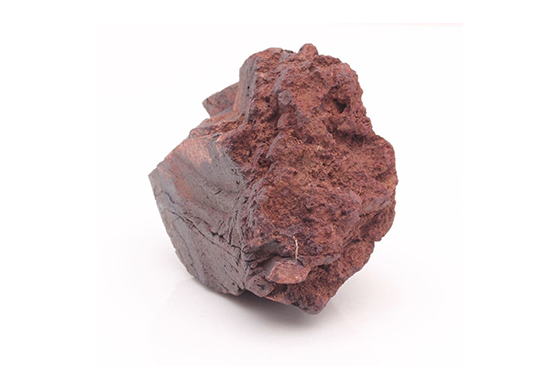
The ore dressing methods of hematite include washing, gravity separation, flotation, magnetic separation and roasting magnetic separation. Flotation and electrostatic separation can be used for beneficiation. Different beneficiation processes can be selected according to the different properties of the ore. When coarse-grained or blocky hematite is mixed with depleted materials, suspension beneficiation will be selected. Jigging beneficiation will be used for granular ores. For medium and fine-grained ores, spiral beneficiators or strong magnetic separators can be used for magnetic separation. For the development and utilization of fine-grained hematite, flotation or roasting magnetic separation is used.
Hematite magnetite ore dressing technology often uses magnetic separation + gravity separation process, magnetic separation + flotation process, gravity separation + magnetic separation + flotation process and combined beneficiation process. Some beneficiation plants will first use gravity separation to recover hematite, and then use magnetic separation to recover magnetite from gravity separation tailings. Sometimes flotation can also be used for concentration, and fine screening is used before the last stage of separation. The magnetic separation + gravity separation process first uses weak magnetic field magnetic separation to recover magnetite, and then gravity separation to recover hematite from magnetic separation tailings. In the magnetic separation + flotation process, flotation is first used to recover hematite, then gravity separation is used to recover coarse hematite and magnetite, and finally magnetic separation is used to recover fine magnetite.
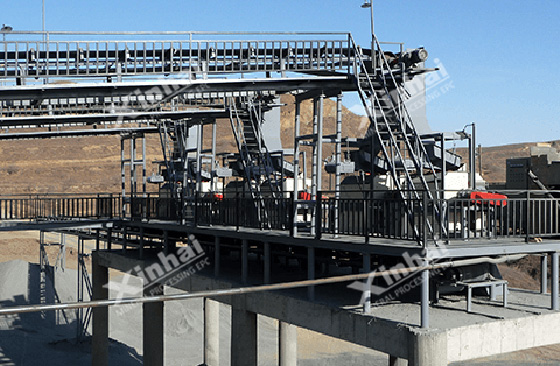
In addition to limonite, which is the main mineral, limonite also contains a small amount of hematite and hematite. The gangue minerals mainly include quartz, calcite, mud and other minerals. Due to the complexity of these mineral components, a variety of beneficiation methods are required in the ore dressing process. At present, the combined process of washing, gravity separation and magnetic separation is widely used. Limonite first needs to be washed to remove the soil and impurities attached to the surface of the ore to improve the purity of the original ore. Then the gravity separation process is used for sorting to initially enrich the limonite. Finally, the magnetic separation process is used to further separate the iron-containing minerals and gangue minerals to improve the purity of the iron concentrate and meet the needs of subsequent smelting.
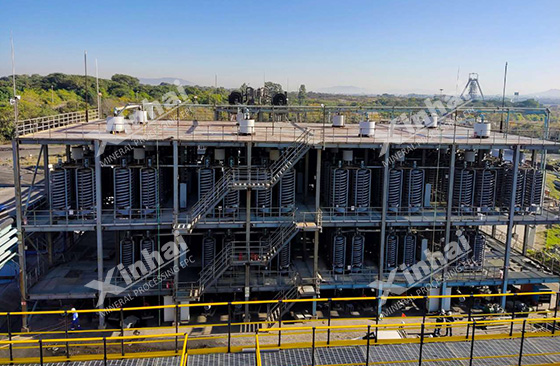
When the iron ore also contains minerals such as niobium and rare earth, a combined ore dressing process of weak magnetic-strong magnetic-flotation is required. After the ore is ground to a certain particle size, the magnetic iron minerals are weakly recovered. Weak magnetic separation to separate iron-containing silicates can achieve the initial enrichment of rare earth minerals and niobium minerals, and finally flotation is used for recovery, which can ensure the high-quality rare earth and niobium concentrate products.
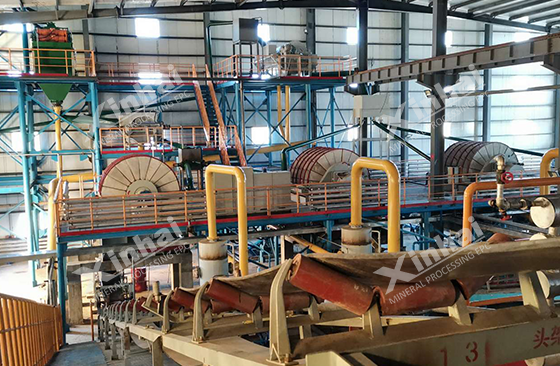
The above is a simple description of the ore dressing technologies for difficult-to-benefit iron ores. For the beneficiation of low-grade iron ore resources, more detailed process design is required to maximize the utilization of resources. Due to the low iron content and complex gangue composition of this type of iron ore, the ore dressing process must be optimized in combination with the specific physical and chemical properties of the ore, and considering economics and production needs. Generally, the beneficiation process of low-grade iron ore may include multiple links such as pretreatment, grinding, classification, magnetic separation, and gravity separation, and may require the introduction of flotation or other special processes to increase the iron content and recovery rate of the final concentrate.
To find out more about our products and solutions, please fill out the form below and one of our experts will get back to you shortly.